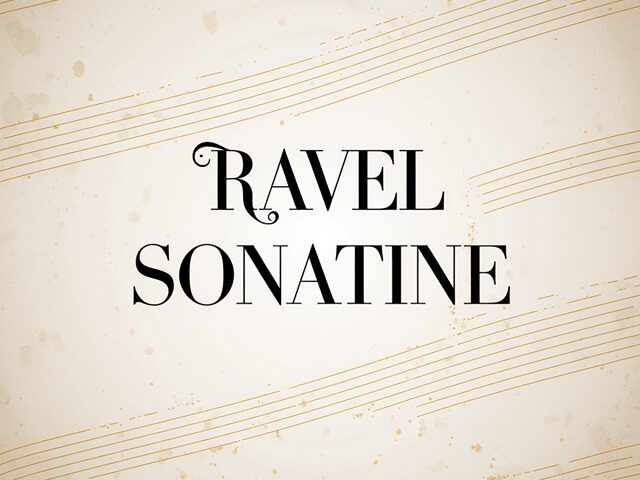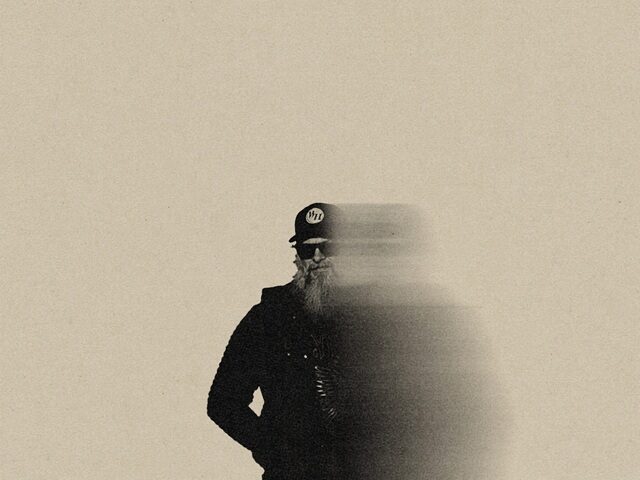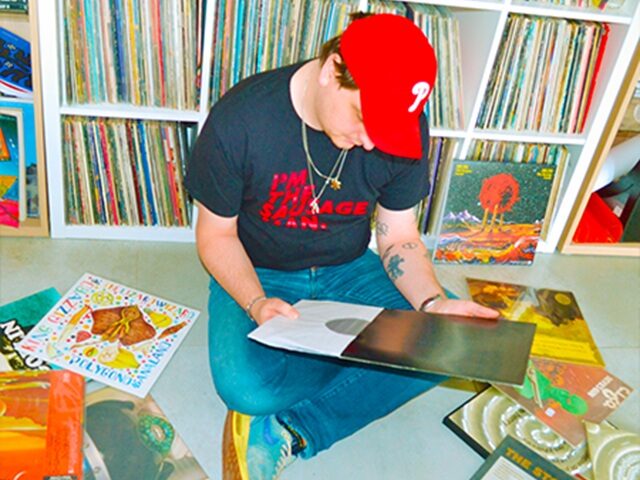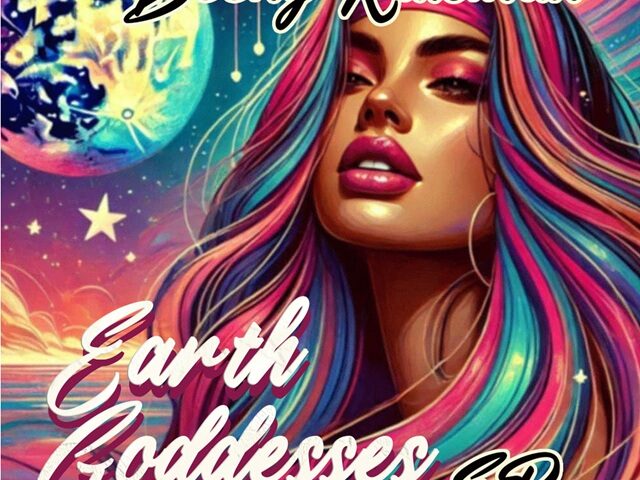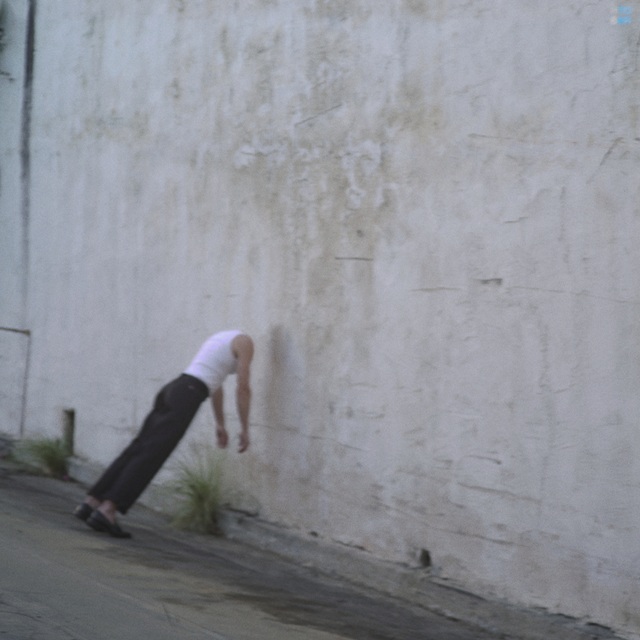
A fantastic debut album from Los Angeles-based artist Hush Bewlay, The Age of Recognition struts a delectably melodic and moody blend of post-punk and pop, excelling within ruminations on selfhood and relationships in the modern age. “The title itself refers to both the modern age where attention is the most important currency, and the importance of self-reflection and not taking yourself too seriously,” Bewlay explains, also emphasizing the role of maturation as one navigates relationships and finds comfort in their own skin.
The Age of Recognition commences with a gripping, stylish immersion via “Social Smoker” — a track whose melding of driving guitars, post-punk bass pulses, and chilly synth adornments makes for replay-inducing, atmospheric vigor. “Who says that love’s a lie but always calls so late?” Bewlay asks in a climactic appeal at the two-minute turn, leading into a gorgeous convergence of moody instrumentation. The ensuing “Ego Death” achieves an introspective allure; the vocals admit, “I’ve been in my head so much lately,” amidst alternations of bass-fronted intrigue and rousing, guitar-led emotion. Lyrical ruminations on human nature stir into the “you could be my ego death” hook, artfully conveying the profound influence others can have on one’s sense of self, all within a textured, distortion-laden charm.
The album succeeds throughout in balancing darkly affecting soundscapes with hook-friendly structures. A peppy percussive backing drives the catchy guitar pulse of the excellent “Familiar Landscapes,” evoking New Order in its blend of moody post-punk rhythms and effervescent synths, matched with a melodically debonair vocal delivery. “There’s no water outside the city,” Bewlay opens and cautions throughout, furthered by playful keys and a head-nodding bass that conjure an illuminated sense of nostalgia. “Wasted Days” follows and retains those shimmering qualities, this time with flourishing piano lines and warming acoustics. The “look at me” chorus delights, especially in its shifting between glistening ethereality and more guitar-driven, nocturnal textures.
Centered around its resonant title-refrain, “Stay Sorry” invigorates with twanging guitars and bright synth textures, delightfully resembling a cross between Depeche Mode, The Cure, and OMD. Its thematic approach is equally enveloping, depicting a relationship plagued by cycles of hurt, denial, and performative regret — and ensuing apologies with potentially weaponized effect. “Oh you think you’re something worth keeping, then be something worth keeping around,” the vocals declare, signaling a potential point of reckoning. Following, “Too Sad” directly references the album’s title, pointing to an age where recognition is currency. The repeated refrain, “It’s too sad, babe / You can’t dance to it,” becomes a haunting dismissal of emotional depth in favor of surface-level appeal, perhaps echoing a relationship whose cracks are starting to show.
“That’s Fine” closes the album with further vulnerability, embracing the messiness of growth in both love and identity. “You don’t have to promise forever / Whatever we get, that’s fine,” Bewlay sings, reflecting on the ambiguity that so often defines real life and relationships. The title-touting refrain finds acceptance in uncertainty, presenting it as an element of the human experience and the personal relationships that arise. It’s a moving end to an immersive album that excels in its introspective thematic pursuits and sharply cohesive fusion of post-punk, pop, and rock.


